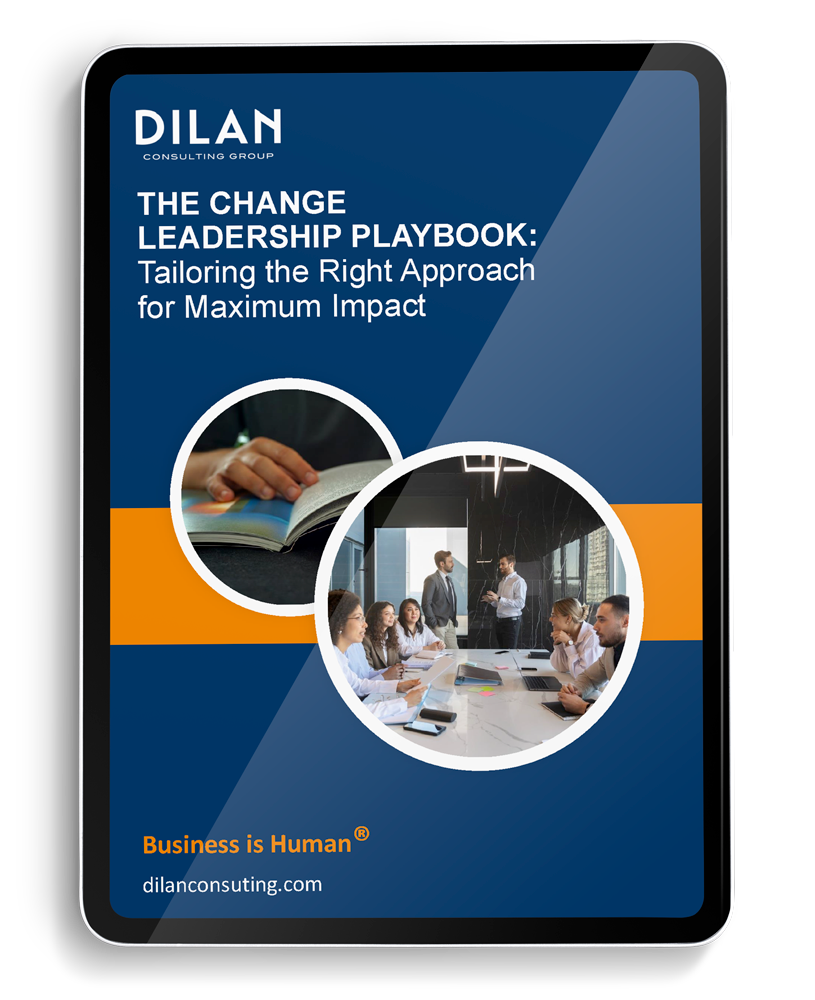In 2025, leadership demands rapidly evolve as organizations navigate the complexities of hybrid workforces, technological advancements, and an increased focus on inclusion, belonging, and employee well-being. One critical skill that stands out amid these challenges is emotional intelligence (EI). Leaders equipped with EI are uniquely positioned to foster collaboration, drive innovation, and inspire their teams toward long-term success. This article explores why mastering EI is essential for leaders in 2025 and provides actionable strategies for enhancing this vital skill.
The Role of Emotional Intelligence in Modern Leadership
- Enhancing Communication in Hybrid Workforces
The hybrid work model is now a cornerstone of modern organizations. Without face-to-face interactions, misunderstandings and miscommunications can quickly arise. Leaders with strong emotional intelligence bridge these gaps by practicing Empathy and active listening, creating trust, and maintaining engagement even in remote settings.
A 2024 report by McKinsey underscores the importance of empathetic leadership, highlighting its role in fostering clear communication and trust in digital environments (McKinsey, 2024).
- Navigating Change with Emotional Agility
Rapid technological advancements, including artificial intelligence and automation, demand leaders manage uncertainty effectively. Emotional intelligence equips leaders with the resilience and optimism needed to guide their teams through transitions, balancing logical decision-making with Empathy for their teams’ concerns.
Harvard Business Review has emphasized the importance of emotional agility in leadership, noting that emotionally intelligent leaders are better equipped to manage ambiguity and drive change (Goleman, 1998).
- Fostering Inclusion and Belonging
Creating inclusive environments where employees feel valued, respected, and empowered is critical for organizational success. Emotional intelligence enables leaders to foster psychological safety, ensuring all team members feel comfortable sharing ideas and perspectives.
Research published by Deloitte found that organizations with inclusive cultures are twice as likely to meet or exceed financial targets (Deloitte, 2020). Leaders with high EI excel at building belonging and encouraging collaboration across diverse teams.
- Supporting Mental Health and Employee Well-Being
The emphasis on employee mental health continues to grow as organizations recognize its impact on productivity and engagement. Emotionally intelligent leaders are better equipped to identify signs of stress, burnout, and disengagement, offering timely support and resources.
The World Health Organization (WHO) reports that promoting mental health in the workplace improves well-being and increases productivity (WHO, 2022).
- Building Resilient and Collaborative Teams
Teams thrive in environments that prioritize psychological safety and trust. Leaders who leverage emotional intelligence create spaces where team members feel empowered to express ideas, take risks, and work through challenges collectively.
Google’s Project Aristotle identified psychological safety as the top factor in high-performing teams, emphasizing the importance of emotionally intelligent leadership in fostering collaboration (Google Research, 2017).
How Leaders Can Develop Emotional Intelligence
- Build Self-Awareness
Self-awareness is the foundation of emotional intelligence. Leaders can improve self-awareness by practicing mindfulness, seeking feedback from peers, and journaling to identify patterns in emotional responses.
- Cultivate Empathy
Empathy enables leaders to understand and connect with their teams. Techniques such as active listening, asking open-ended questions, and acknowledging diverse viewpoints can help leaders strengthen this skill.
- Practice Emotional Regulation
Leaders with strong emotional regulation manage stress and remain composed under pressure. Practices like reframing challenges, deep breathing, and focusing on solutions enable leaders to navigate difficult situations gracefully.
- Develop Social Skills
Social skills are essential for effective communication, conflict resolution, and collaboration. Leaders should build trust through clear, respectful communication and adapt their approach to meet individual team members’ needs.
- Commit to Lifelong Learning
Emotional intelligence is not static—it requires continuous development. Books such as Daniel Goleman’s Emotional Intelligence: Why It Can Matter More Than IQ and workshops like the DILAN Consulting Leadership Essentials program provide valuable resources for growth.
Practical Applications of Emotional Intelligence in Leadership
- Implement Feedback Loops
Emotionally intelligent leaders actively seek and act on feedback. Regular one-on-one meetings and anonymous surveys provide insights into team dynamics, helping leaders address challenges and optimize performance.
- Encourage Collaboration Across Teams
Cross-functional collaboration drives innovation and alignment. Leaders with high EI foster this collaboration by addressing interdepartmental barriers and promoting a unified organizational vision.
- Lead with Transparency and Authenticity
Transparent communication builds trust. Emotionally intelligent leaders communicate openly about challenges, opportunities, and decisions, inspiring loyalty and engagement from their teams.
- Recognize and Celebrate Achievements
Acknowledging team accomplishments boosts morale and motivates employees. Leaders who celebrate milestones create a positive work culture where individuals feel valued and inspired to excel.
Conclusion
As we move into 2025, emotional intelligence is no longer a “nice-to-have” for leaders but an essential competency. By prioritizing emotional intelligence, leaders can create workplaces that thrive on inclusion, innovation, and resilience. Start your journey to mastering EI today and build the foundation for long-term success.
If you’re interested in having a personal EI assessment a long with a workshop for raising your leadership game check out in-person Executive Workshops. The next workshop is March 6-7, 2025 in Santa Rosa, CA.
References
- Corporate Leadership Council. (2003). Driving performance and retention through employee engagement. Executive Board. https://tinyurl.com/mr4b3u7a
- Deloitte. (2020). The diversity and inclusion revolution: Eight powerful truths. Deloitte Insights. https://www2.deloitte.com/us/en/insights/deloitte-review/issue-22/diversity-and-inclusion-at-work-eight-powerful-truths.html
- Gallup. (2019). State of the American workplace. Gallup. https://www.gallup.com/workplace/285674/improve-employee-engagement-workplace.aspx
- Goleman, D. (1998). What makes a leader? Harvard Business Review. https://hbr.org/2004/01/what-makes-a-leader
- Google Research. (2017). Guide: Understand team effectiveness. Re:Work. https://rework.withgoogle.com
- McKinsey & Company. (2024). The new leadership imperative. McKinsey & Company. https://www.mckinsey.com/capabilities/people-and-organizational-performance/our-insights/answering-societys-call-a-new-leadership-imperative – /
- World Health Organization. (2022). Workplace mental health and well-being. World Health Organization. https://www.who.int



